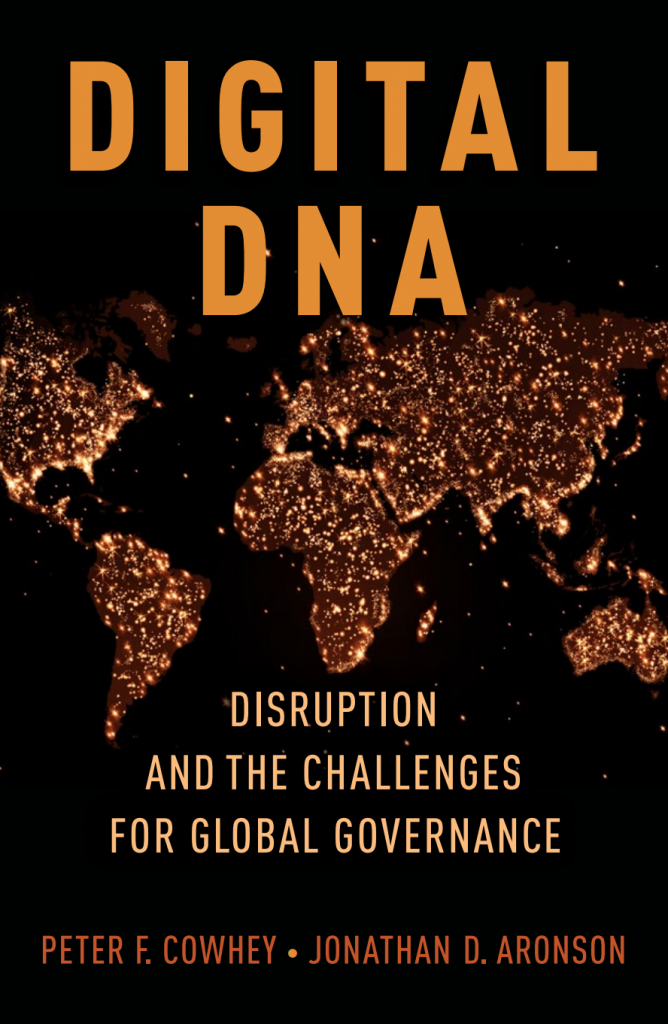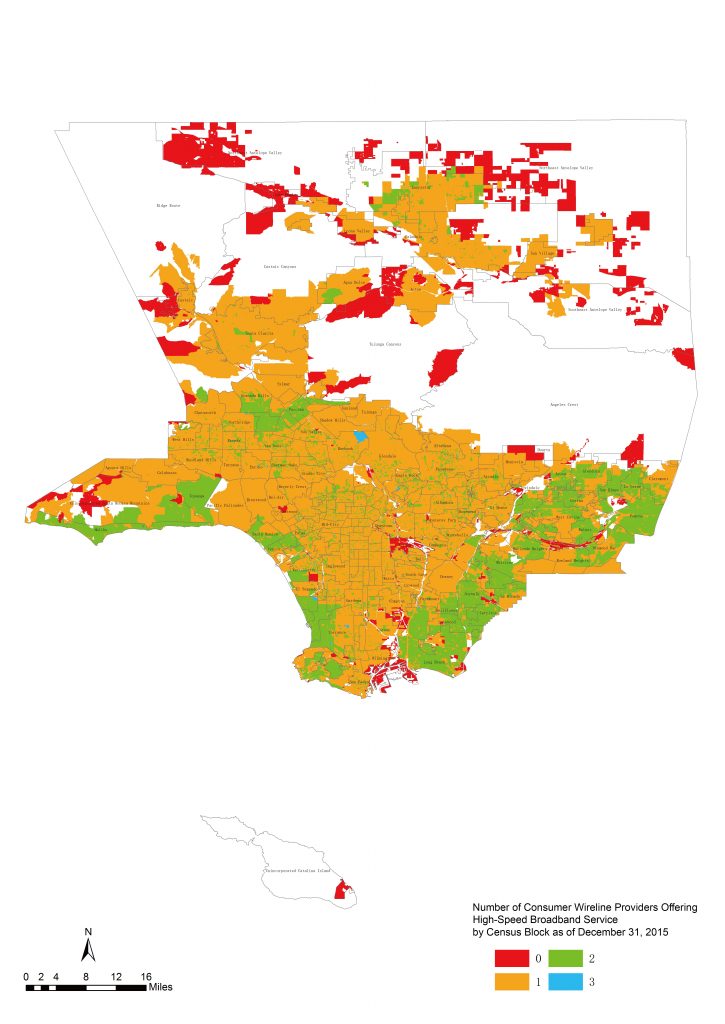Posts by annenbergdl
Networking China: The Digital Transformation of the Chinese Economy
Networking China: The Digital Transformation of the Chinese Economy (Geopolitics of Information) (2017, Univeristy of Illinois Press) by Yu Hong In recent years, China ‘s leaders have taken decisive action to transform information, communications, and technology (ICT) into the nation’s next pillar industry. In Networking China , Yu Hong offers an overdue examination of that burgeoning…
Read MoreDigital DNA: Disruption and the Challenges for Global Governance
Digital DNA: Disruption and the Challenges for Global Governance (forthcoming, Oxford University Press) by Jonathan Aronson (with Peter Cowhey) Innovation is an important, long-term sustainable source of economic prosperity. Digital DNA identifies how digital information and production technologies, the Information and Production Disruptions, are transforming how companies and national economies are innovating. Wisely guiding this transformation in innovation…
Read MoreHome Broadband in Los Angeles County
The Connected Cities and Inclusive Growth (CCIG) project seeks to map inequities in broadband infrastructure and digital skills in greater Los Angeles, and explore their socio-economic determinants and consequences. This policy brief is the first project publications, and reports findings on the availability and competition in residential broadband services in Los Angeles County at the block level. The…
Read MoreAutomation, Algorithms, and Politics | When Bots Tweet by Nathalie Marechal
Political actors are using algorithms and automation to sway public opinion, notably through the use of “bot” accounts on social networking sites. This article considers the responsibility of social networking sites and other platforms to respect human rights, such as freedom of expression and privacy. It then proposes a set of standards for chat bots operating on these platforms, building on the existing policies of leading social networking platforms and on the indicators laid out by Ranking Digital Rights. A good normative framework for the use of bots on social networking sites should have three components: bots should clearly be labeled as such, they should not contact other users without consent, and information collected by them should only be used for disclosed purposes.
Read More


